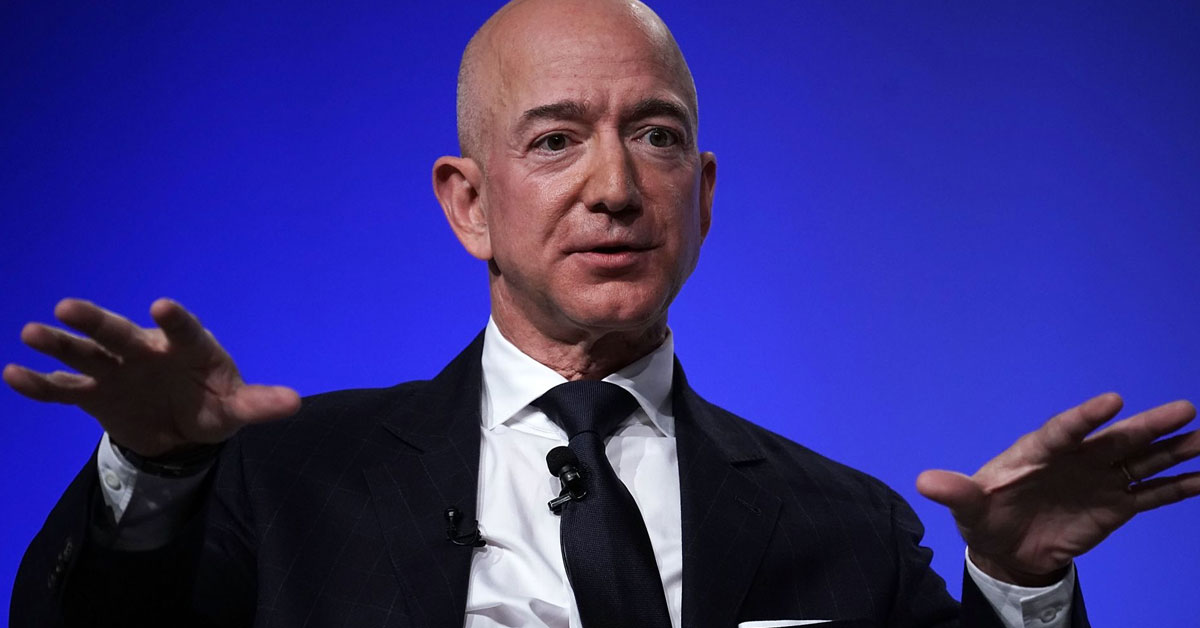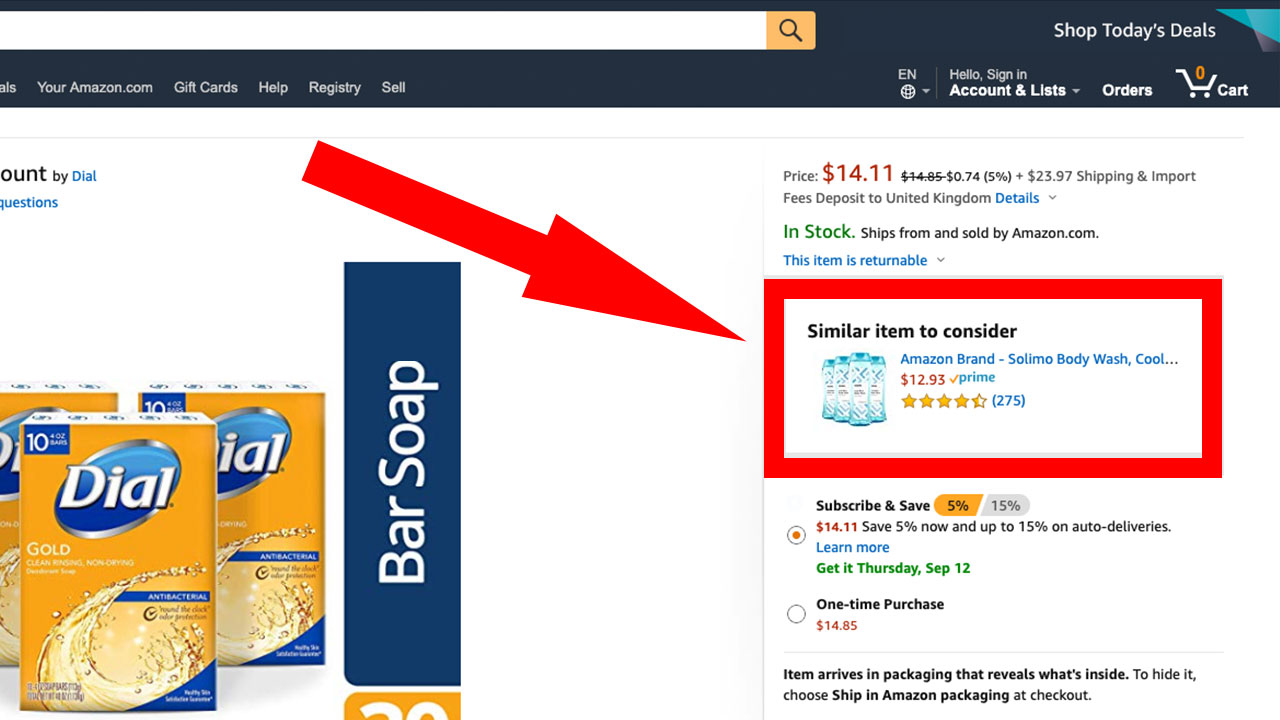Amazon pushes shoppers to its own brand before clicking ‘buy’
Amazon has introduced a new feature that markets its private-label brands right before consumers add rival products to their shopping carts.
The Washington Post conducted dozens of product searches and saw offers for a “similar item to consider” featuring an Amazon brand appearing just above the area where shoppers click to add a purchase to their cart.
The boxes reportedly touted lower-priced Amazon versions of everyday items.
“It’s an ad at exactly the moment the customer is ready to buy,” James Thomson, a former senior manager in business development at Amazon and now a partner at brand consultancy Buy Box Experts, told the Washington Post. “I don’t see how that’s not unfair.”
Amazon defended itself in a statement to the Washington Post, the promotion to the way any store would push its own private-label goods.
“Like any retailer we promote our own brands in our stores, which provide high-quality products and great value to customers,” Amazon spokeswoman Nell Rona told the paper. “We also extensively promote products from our selling partners.”
More Amazon news

Trump is targeting Amazon and Alibaba
President Trump signs trade memorandum on counterfeit products President Donald Trump puts Amazon, Alibaba, eBay and other online marketplaces on notice, signing a memorandum that aims to curb the sale of counterfeit items online. “This is a shot across...

Drunken online shopping is big business — especially for Amazon
Drunk shopping is an estimated $48 billion industry 85 percent of drunk shoppers visit and make ill-advised purchases on Amazon Tech and business newsletter The Hustle surveyed more than 2,000 alcohol-drinking adults about their online shopping behaviour...

Jeff Bezos: Smart people make decisions differently than everyone else
Smart people tend to change their mind a lot Smart people are open to new points of view, new information, new ideas, contradictions, and challenges to their own way of thinking Jason Fried, co-founder of Basecamp and co-author of the New York Times...


